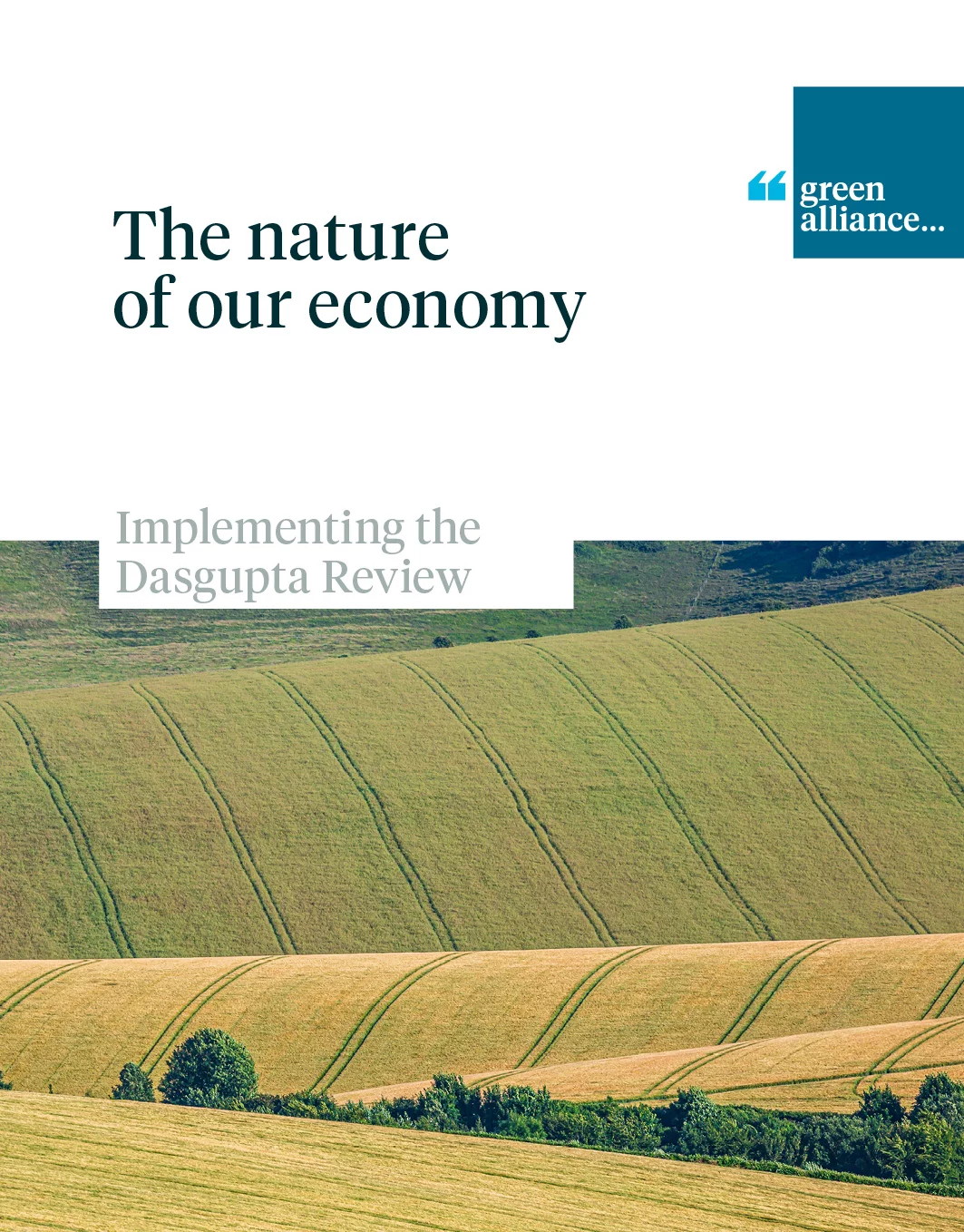Summary
The Bank of England played an important early role in alerting central banks to the dangers of climate change but its world leader status has diminished since 2020. This decline has hindered the UK’s reputation as a climate leader and efforts to establish the country as the world’s leading green financial centre.
The Bank’s reduced commitment to tackling climate risk and lack of a framework to address nature degradation risks could have significant impacts. These risks threaten the economic, price and financial stability of the UK economy, raising doubts about the Bank’s ability to meet its statutory objectives.
In this briefing, we offer recommendations for how the Bank can return to environmental leadership by supporting renewable energy projects, setting clear guidelines for managing environmental risks and reviewing financial rules to better address climate and nature challenges. Additionally, we recommend that the Treasury strengthen the Bank’s focus on climate and nature by appointing experts to key committees, creating a green classification system and updating priorities to equally emphasise climate and nature risks. These actions would help the Bank achieve its goals and support the government’s vision for a “climate resilient nature positive net zero economy.”
For more information, contact
Stuart Dossett, senior policy adviser: sdossett@green-alliance.org.uk

